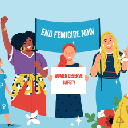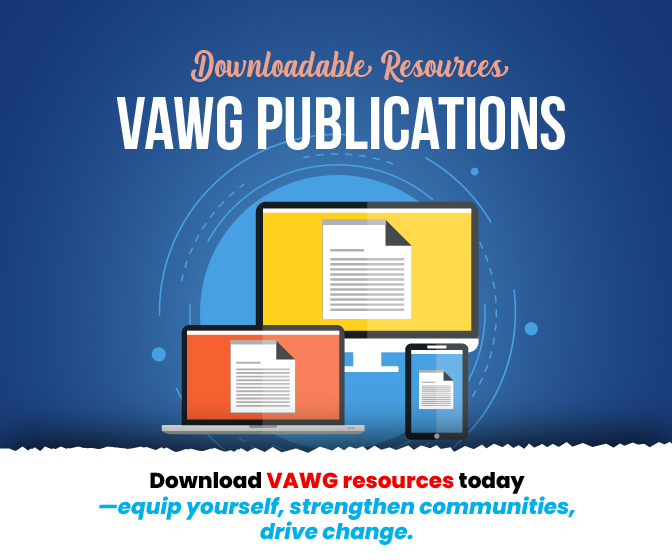Gender-Based Violence Ranks as Uganda’s Top Women’s Rights Concern
Violence against women and girls remains one of the most widespread human rights abuses globally. It cuts across countries, communities, and cultures, threatening health, dignity, security, and equality. Recognized as both a public health crisis and a violation of human rights, gender-based violence (GBV) undermines progress toward gender equality and sustainable development.
In Uganda, the scale of the problem is staggering. Findings from the most recent Afrobarometer survey show that Ugandans rank GBV as the most important women’s-rights issue that government and society must address. While progress has been made in raising awareness, the persistence of violence highlights the need for urgent, collective action.
A Global and National Priority
The international community has recognized GBV as a major barrier to equality and development. Sustainable Development Goal 5 explicitly calls for the elimination of all forms of violence against women and girls. In line with this commitment, the Government of Uganda launched a National Gender-Based Violence Action Plan in 2016 to end harmful practices, provide access to health services, and ensure justice for survivors (UNHCR, 2016).
Despite this framework, reports show the problem is far from solved. The National Survey on Violence in Uganda (2021) revealed that 95% of Ugandan women have experienced physical and/or sexual violence. In 2020 alone, GBV was linked to at least 168 deaths (Nabatanzi, 2021). These statistics underscore the devastating scale of the crisis and its human cost.
The Silence Around Violence
A major challenge in addressing GBV is under-reporting. The 2016 Demographic and Health Survey showed that seven in 10 women who experienced sexual violence never sought help nor disclosed their abuse (UBOS, 2018). Globally, fewer than one in 10 survivors go to the police, often preferring to remain silent or confide in family members instead (UN Women, 2021).
Why do so many women remain silent? Research points to several barriers:
- Stigma and shame associated with speaking out.
- Fear of reprisal from perpetrators or their families.
- Concerns about confidentiality and whether they will be believed.
- Cultural norms that tolerate or normalize violence in some communities.
“GBV is not just a women’s issue—it is a societal problem that undermines health, justice, and development. By breaking the silence, holding perpetrators accountable, and transforming harmful cultural norms, Uganda can move toward a future where women and girls live free from violence.”
What Ugandans Think
The Afrobarometer survey paints a revealing picture of public attitudes toward GBV in Uganda. On the one hand, most citizens say the use of physical force against women is “never justified.” Yet at the same time, half of Ugandans report that GBV is common in their community.
There is also a complex perception of how institutions handle GBV cases. Many Ugandans believe the police take such cases seriously, but a majority still view domestic violence as a private matter rather than a criminal one. Moreover, respondents noted that women who report GBV often face negative reactions from their communities, further discouraging survivors from seeking help.
These attitudes highlight the tension between growing awareness and persistent cultural barriers. Ending GBV will require not only stronger institutions but also shifts in community norms and beliefs.
The Way Forward
Addressing GBV in Uganda requires a multi-pronged approach:
- Strengthening laws and enforcement to ensure perpetrators are held accountable and survivors receive justice.
- Expanding survivor-centered services, including counseling, medical care, and legal support.
- Community engagement to challenge harmful norms and promote equality, especially involving men and boys as allies.
- Awareness campaigns to reduce stigma and emphasize that domestic violence is not a private issue but a crime.
- Investment in prevention by promoting gender equality through education, empowerment, and economic opportunities.
Ugandans have spoken clearly: gender-based violence is the number one women’s rights issue the nation must confront. While progress has been made through government action plans and increased public awareness, the persistence of violence and silence around it shows that much more is needed.
GBV is not just a women’s issue—it is a societal problem that undermines health, justice, and development. By breaking the silence, holding perpetrators accountable, and transforming harmful cultural norms, Uganda can move toward a future where women and girls live free from violence.
When women are safe, communities thrive. Ending GBV is not only a moral obligation but a pathway to equality, justice, and national progress.
Original article by Caroline Nakayiza, click here to read











